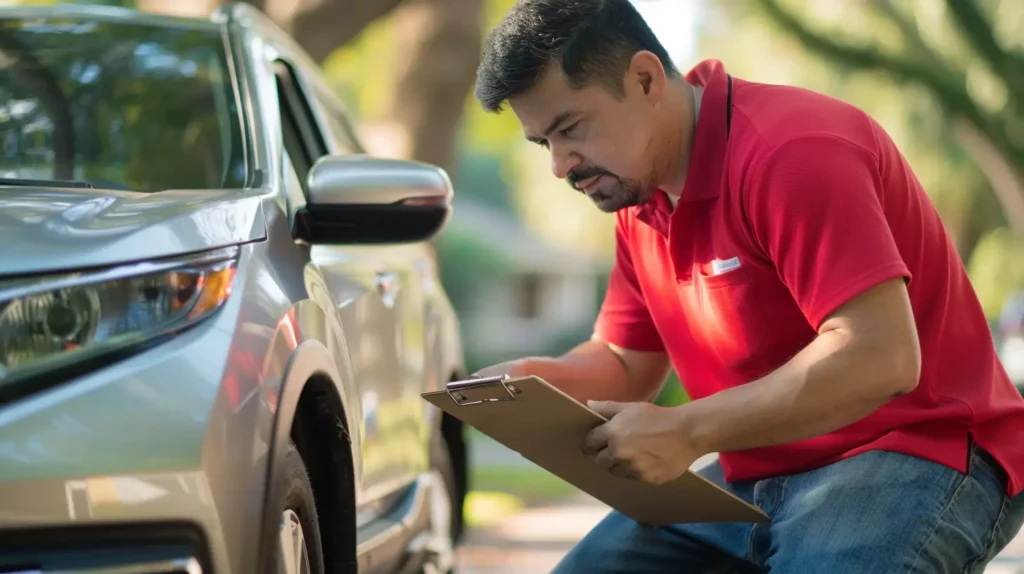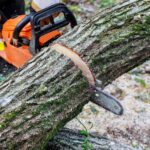Getting into a minor car accident is an experience most Floridians dread. It’s a sudden disruption to your day and often leaves you with a host of questions about what comes next. Despite the seemingly insignificant nature of minor accidents, navigating the insurance claim process can be quite complex, especially in a state like Florida with its own set of car insurance laws. To ensure that you’re not stumped by the process, here’s a comprehensive guide on handling car insurance claims for minor accidents in the Sunshine State.
Understanding Florida Car Insurance Laws
With Florida’s status as a no-fault insurance state, the laws regarding car insurance claims differ from those in other states. No-fault means that if you’re involved in an accident, regardless of who was at fault, you need to go through your own insurance to cover your medical costs and certain damages. The no-fault rule also sets the threshold for serious injury before you can pursue a claim against the at-fault driver for pain, suffering, and other non-monetary losses.
However, this does not mean you’re completely prohibited from holding the other driver accountable. You can still pursue damages outside of the no-fault system for serious or permanent injuries, disfigurement, or if the accident resulted in significant and permanent scarring.
Failure to comply with Florida’s insurance laws can result in legal consequences such as the suspension of your driver’s license and vehicle registration. It’s crucial to be fully aware of your insurance coverage and liability limits to safeguard yourself against any penalties that may result from non-compliance.
Steps to Take After a Minor Accident
Safety First
The immediate aftermath of an accident is chaotic, but your safety is paramount. Ensure that all involved parties are unhurt and secure the accident scene by turning on hazard lights and, if possible, moving vehicles out of the flow of traffic if it’s safe to do so.
Take Notes and Photographs
Document the accident scene to the best of your ability. Take notes on the date and time of the accident, weather conditions, and the sequence of events leading up to the collision. Photograph the damages to your vehicle and any injuries sustained. Exchange information with the other driver, including names, addresses, phone numbers, and insurance details.
Report to Authorities
Call the police to the accident scene, especially if there are any injuries or significant property damage. A police report can serve as valuable evidence when filing your insurance claim.
Notify Your Insurance Company
Regardless of fault, report the accident to your insurance company as soon as possible. Delaying this could result in complications with your claim. Be prepared to provide detailed information about the accident and the parties involved, as well as the police report if available.
Filing a Car Insurance Claim
When it comes to filing a claim, the key is to act swiftly and methodically. The first step is to contact your insurance company and provide as much information as possible. They will guide you through the process, which typically includes completing a claim form and scheduling a vehicle inspection if necessary.
You may also be required to obtain repair estimates from approved body shops or those within the insurance company’s network. Remember to save receipts for any expenses related to the accident, such as towing or rental car costs, as these may be reimbursable under your policy.

Dealing with Insurance Adjusters
Insurance adjusters are the individuals who evaluate your claim and determine the appropriate payout. Whether you’re dealing with your own company or the other driver’s, it’s important to approach these interactions with a level head and preparedness.
Be ready to provide a thorough account of the accident and any pertinent details. Additionally, don’t agree to a settlement without ensuring it covers all your damages. If the offered amount seems inadequate, you have the right to negotiate. Present any evidence, such as repair or medical bills, that support your requested amount.
Insurance companies are often looking to minimize payouts, so it’s important to understand your coverage and the extent of your policy’s protection. If you feel the adjuster is undervaluing your claim or acting in bad faith, you have the right to seek a second opinion or escalate the matter within the company.
Common Challenges and Pitfalls
Even in cases of minor accidents, dealing with insurance claims can be a bumpy road. Delays are common, as are disputes over liability and the valuation of damages. To mitigate these challenges, keep meticulous records of all communications with your insurance company, including the names of representatives you speak with, and the dates and times of interactions.
Remain persistent and follow up on the progress of your claim. If you encounter resistance, calmly assert your rights and the responsibilities outlined in your policy. There’s an appeals process for denied claims, and you should be provided with the details on how to contest the decision in the denial letter.

Seeking Legal Assistance (Optional)
In some cases, the complexity of a car insurance claim, even for a minor accident, may warrant legal advice. If you feel that the insurance company is not acting in compliance with the law, or if there’s a significant amount of money at stake, a consultation with a car accident attorney could be beneficial.
Legal professionals can help you understand the nuances of Florida’s car insurance laws and the terms of your policy. They can also represent you in negotiations with the insurer and in court if a satisfactory resolution cannot be reached.
While not every minor accident claim necessitates legal intervention, it’s essential to be aware of your legal rights and the resources available to you in the event of a dispute.
In Summary
Navigating car insurance claims for minor accidents in Florida is a process that requires patience, diligence, and often, a degree of legal awareness. By taking the steps detailed in this guide, you can ensure that you’re well-prepared to handle the aftermath of an accident, from a minor fender-bender to a more significant collision.
Remember, the success of your claim ultimately relies on the documentation you provide, the quality of your communication with insurance representatives, and your understanding of the laws governing your coverage. Arm yourself with knowledge, be proactive in your approach, and don’t hesitate to seek assistance if you encounter obstacles along the way.
By being informed and assertive, you can turn what feels like a frustrating event into a learning experience that better prepares you for any future incidents on the road. After all, safety and peace of mind behind the wheel are invaluable, and a well-handled insurance claim is just one step in that direction.









